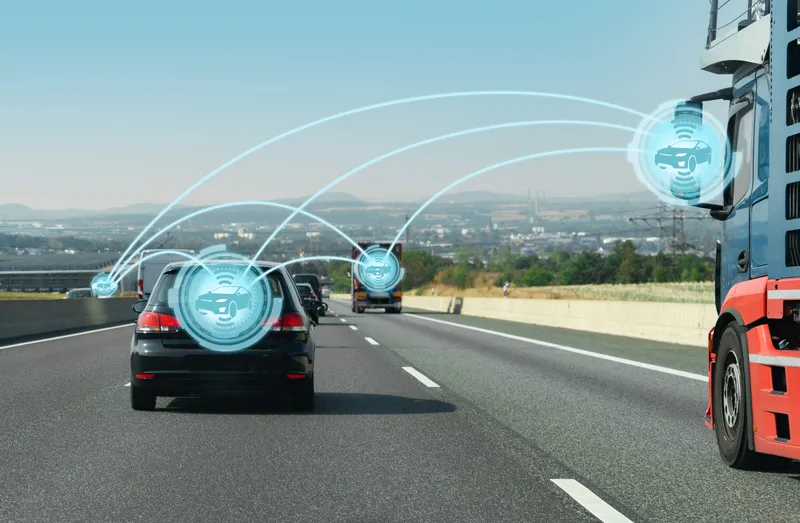At a recent TTE council meeting, the European Investment Bank (EIB) and the European Commission present the Cleaner Transport Facility (CTF) initiative, aimed at financing the decarbonisation of the transport sector in Europe.
The support for alternative fuels and cleaner technology in transport is aligned with European Union policies on climate action and sustainable transport and specifically the recently-adopted strategy of the European Commission on low-emission mobility. The CTF is a new umbrella in
December 2, 2016
Read time: 2 mins
At a recent TTE council meeting, the European Investment Bank (EIB) and the European Commission present the Cleaner Transport Facility (CTF) initiative, aimed at financing the decarbonisation of the transport sector in Europe.
The support for alternative fuels and cleaner technology in transport is aligned with European Union policies on climate action and sustainable transport and specifically the recently-adopted strategy of the European Commission on low-emission mobility. The CTF is a new umbrella initiative targeting the deployment of alternative fuels in the transport sector. Its objective is to support the accelerated deployment of cleaner transport vehicles and their associated infrastructure needs, such as for charging and refuelling, which are expected to foster socio-economic benefits including reduced health costs due to cleaner air and lower noise.
Projects that deploy alternative fuels, according to the Directive on the deployment of alternative fuels infrastructure, will fall under the CTF. Thereby the facility targets transport vehicles that have lower greenhouse gas emissions - or enhanced environmental performance - compared to conventionally-fuelled transport vehicles. These alternative fuels include electricity, hydrogen, biofuels and natural gas, including biogas, compressed natural gas (CNG) and liquefied natural gas (LNG).
The first project under the facility is expected to be signed early next year and will support the purchase of new hydrogen fuel cell buses, trolley buses and associated infrastructure in Riga, Latvia. Further operations are under approval in Artois-Gohelle in France and in Las Palmas and Palma de Mallorca in Spain.
The support for alternative fuels and cleaner technology in transport is aligned with European Union policies on climate action and sustainable transport and specifically the recently-adopted strategy of the European Commission on low-emission mobility. The CTF is a new umbrella initiative targeting the deployment of alternative fuels in the transport sector. Its objective is to support the accelerated deployment of cleaner transport vehicles and their associated infrastructure needs, such as for charging and refuelling, which are expected to foster socio-economic benefits including reduced health costs due to cleaner air and lower noise.
Projects that deploy alternative fuels, according to the Directive on the deployment of alternative fuels infrastructure, will fall under the CTF. Thereby the facility targets transport vehicles that have lower greenhouse gas emissions - or enhanced environmental performance - compared to conventionally-fuelled transport vehicles. These alternative fuels include electricity, hydrogen, biofuels and natural gas, including biogas, compressed natural gas (CNG) and liquefied natural gas (LNG).
The first project under the facility is expected to be signed early next year and will support the purchase of new hydrogen fuel cell buses, trolley buses and associated infrastructure in Riga, Latvia. Further operations are under approval in Artois-Gohelle in France and in Las Palmas and Palma de Mallorca in Spain.







